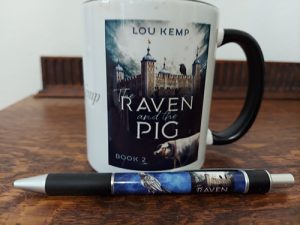 This post is part of a virtual book tour organized by Goddess Fish Promotions. Lou Kemp will be awarding a $25 Amazon or Barnes and Noble GC to a randomly drawn winner, a 2nd randomly drawn winner a mug and pen with the book image and a 3rd randomly drawn winner will win a eBook via rafflecopter during the tour. Click on the tour banner to see the other stops on the tour.
This post is part of a virtual book tour organized by Goddess Fish Promotions. Lou Kemp will be awarding a $25 Amazon or Barnes and Noble GC to a randomly drawn winner, a 2nd randomly drawn winner a mug and pen with the book image and a 3rd randomly drawn winner will win a eBook via rafflecopter during the tour. Click on the tour banner to see the other stops on the tour.
All views expressed below are either personal experiences or advice from other authors I trust. The worth of this information has been verified by a steady improvement in my writing and in the comments that I receive from readers. A review from an astute reader will also mention what isn’t working, and that is like gold.
If you are a beginning writer…
Avoid:
Run away if a friend or relative offers to critique your writing (of course after thanking them, and perhaps even telling them why). A critique by a parent or close friend will usually be tainted with:
a) pride in knowing you are a writer, protecting you from bad news, and withholding what they thought,
b) fear of telling you what they thought so as not to hurt your feelings,
c) they may see something that needs to be changed, but are not sure why, so they do not mention it.
d) all of the above
This situation will not propel your skills forward, it could even give you a false sense of security that will eventually be blown apart when you try to sell your work.
Covet:
Writing Groups and writers conferences, whether online or in person. There are many types, and like shoes you may need to try on a dozen till you find the one that is just right, not too advanced, or not too junior of a group, not too cold, or not too hot, but just right.
Once part of a writers’ group, don’t feel obligated to read your writing to them until you are ready. When you do, listen to the feedback. Beware there are some authors in the group who may not be a good match for your purposes. To decide, take all feedback in, digest it, and determine if it is valid. Example: if more than one critique complains about the way you use the word “anyhow,” then it is probably time to rethink how you use it. If you balk at a particular suggestion, get another unbiased opinion, and compare. If both say the same thing…time to change it.
When others in the group are reading their writing, listen to what works and what doesn’t and apply it to your writing (it doesn’t have to be the same genre—you’re looking for pacing, characterizations, skill, and more). You’ll hear kernels of ideas from other writers to water, and watch grow into something fantastic. Are their characters vivid and wonderful, but there isn’t a discernable plot? Does it sound like your cat wrote it? Is the plot stellar, and you can picture it as a movie someday?
Listen to yourself:
Decide if you are writing just for yourself, or to make money. If it is money and glory you want, you’ll need an editor eventually. This stage is sometimes known as beta reading, but that is a loose interpretation. Beta readers come in a variety of experience and are at times used to see if the work is on the right track, and at other times they occur right before the book debuts. Just like a writers’ group, one editor’s point of view will not be another editors. Case in point: In my Celwyn series I’ve heard complaints about how I use the character Bartholomew. I also hear feedback that he is not only loved but readers follow what he does and can’t wait for the next book. These are completely differing points of view, and I tend to take it somewhere in the middle.
Again, there are dozens of levels of editors with the prices to match. The amateur editor/friend will do initially, but…they are usually limited. Really good editors are not there to just correct your grammar (line editing), but to use their innate sense of what is missing, what is not moving fast, where the scene is not set up with enough detail, where you write something illogical or without any background to justify it (one of my habits), where the piece is going and how will you get there with it?
If you notice things still do not read like you think they should, or that much of your feedback points to problems, look for another editor, preferably one with a good track record and who does it professionally. There are also writing classes, good ones, out there.
A final word about editors: I know of no one, big or small, who snagged a great literary agent without having their work edited by a professional.
Two tricks:
One, when you have finished a section or major part of your writing, let it sit at least 2 weeks without looking at it. Then, read it. You will see much you didn’t before because we subconsciously memorize what we write and think it is wonderful. It isn’t.
Two, ask someone (now is the time for a friend or relative) to read your writing out loud while you are sitting there. You will hear plenty you didn’t see when you edited it yourself.
Quotes:
A great quote can set the tone, explain life, scare the beejeebers out of a reader, or up the tension until the reader swears it is dripping off the walls. One of my favorites, just to explain life, that I have given Celwyn is:
“Xiau, I’d miss Earl Grey very much if I died.” This is usually repeated by someone every time he is wounded, and almost dies.
As the music dies, the magician Celwyn is mortally wounded. His darker, immortal brother Pelaez brings him back, barely, with his magic. The party of protagonists travel on the Nautilus to the Cape Verde Islands and the healer of immortals. During the journey, Professor Kang and Bartholomew can not tell if Pelaez will keep his brother alive. Captain Nemo is ready to evict Pelaez forcibly, and keeping Celwyn alive is the only thing that restrains him.
After Celwyn is saved, the healer requests payment for his services. This sends the adventurers to the catacombs in Capuchin where their experience is one they will not forget. Before it is over, several of the protagonists question why it seems everyone from warlocks and vampires to witches, seem to be congregating in their world. Before it is over, some of them become surprising allies, and a few of their allies turn against them.
In part II, work on the new flying machine begins in earnest bringing attention from the Mafioso and a cherub-like warlock called Duncan. After a final battle with Duncan, the flying machine is destroyed and everyone at their compound is murdered by one of their own.
Enjoy an Excerpt
Prelude
The rolling hills near Odessa, north of Constantinople 1867
With each step he took, Professor Xiau Kang sensed the intensity, and importance of what he would find. Above all, he felt the weight of his sadness. He had done his best to ignore that there was no guarantee Captain Nemo had located Thales, if Nemo failed to find him, Jonas Celwyn would be dead within a matter of days, perhaps hours.
A long time ago, on the Zelda, the magician had doubted a mechanical man could feel. Kang paused, swaying on his feet as he fought to regain his control; at this moment, the automat knew real despair, a wrenching grief that they would lose Jonas. He swallowed hard and walked faster, climbing to the top of the berm.
There she was! The long black submarine lay still in the water. A single sailor stood on patrol, and another perched in the cage on top with a spyglass.
Kang called, “I’ll get Mr. Celwyn. Please let the Captain know we’re here.”
Conductor Smith joined him as they ran back to the coach. The others had seen them and began unloading the magician onto the stretcher that Kang had fashioned for this moment. He skidded to a stop and grabbed Celwyn’s hand.
“The Nautilus is here. It isn’t far.”
In the distance, a low hum reached them; the sound sputtered and grew stronger.
The magician’s eyes opened slowly, like a thread from his memory raised his lids, impelling him to look. Everyone, including Jonas, gazed upward, as if they had already known what was to come.
The noise grew louder, and then a bright yellow flying machine crested the low hills and headed toward the estuary.
“Yes!” Kang shouted, raising his fist in triumph.
The plane swerved to the north, banked, and then flew toward them again in a wide arc.
“Oh, my God, it’s Bartholomew,” Elizabeth exclaimed.
Bartholomew wore a broad smile and his scarf fluttered in the breeze as he sailed over them. He waved. As he banked again, the engine revved and he turned, descending for another pass. Celwyn raised himself onto an elbow to wave back.
“Hurry,” Kang said. “Bartholomew is going to land. We have to get Jonas onto the ship.”
About the Author Early work was horror and suspense, later work morphed into a combination of magical realism, mystery and adventure painted with a horrific element as needed.
Early work was horror and suspense, later work morphed into a combination of magical realism, mystery and adventure painted with a horrific element as needed.
I’m one of those writers who doesn’t plan ahead, no outlines, no clue, and I sometimes write myself into a corner. Atmospheric music in the background helps. Black by Pearl Jam especially.
More information is available at LouKemp.com. I’d love to hear from you and what you think of Celwyn, Bartholomew, and Professor Xiau Kang.
Milestones:
2009 The anthology story Sherlock’s Opera appeared in Seattle Noir, edited by Curt Colbert, Akashic Books. Available through Amazon or Barnes and Noble online. Booklist published a favorable review of my contribution to the anthology.
2010 My story, In Memory of the Sibylline, was accepted into the best-selling MWA anthology Crimes by Moonlight, edited by Charlaine Harris. The immortal magician Celwyn makes his first appearance in print.
2018 The story, The Violins Played before Junstan is published in the MWA anthology Odd Partners, edited by Anne Perry. The Celwyn series begins.
Present The full length prequel, The Violins Played before Junstan, to the Celwyn book series is published on Kindle. The companion book, Farm Hall is also published where Pelaez, another immortal magician and Celwyn’s brother, makes his first appearance. The remaining books in the series: Music Shall Untune the Sky, The Raven and the Pig, The Pirate Danced and the Automat Died, will be available beginning in August 2021.
Buy the book at Amazon.
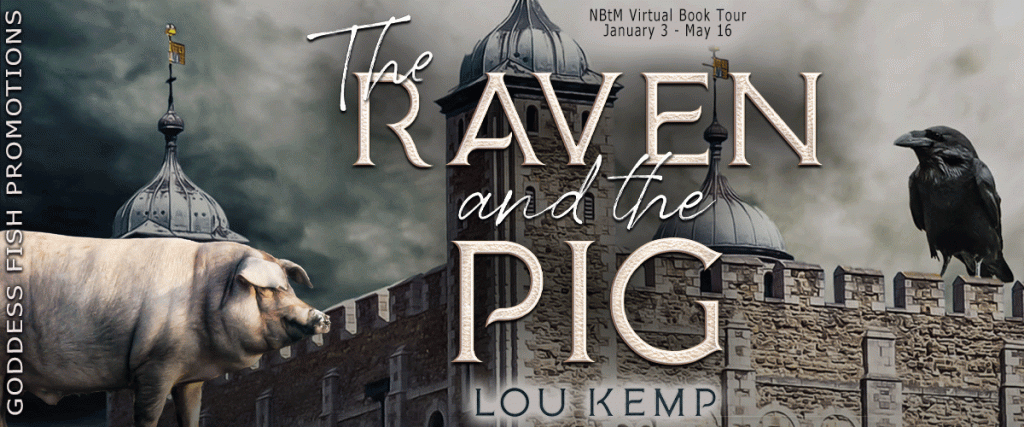
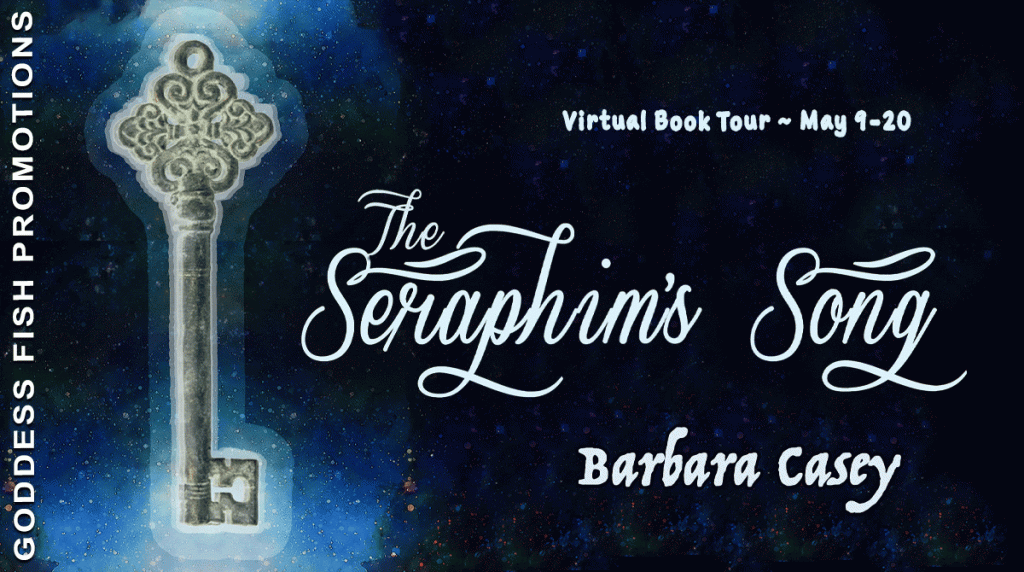
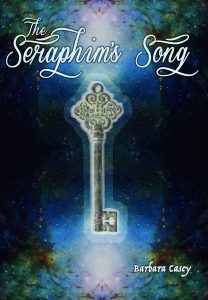 Many changes have taken place at Wood Rose Orphanage and Academy for Young Women while Carolina and Larry were on their honeymoon in Frascati, Italy, on the Granchelli farm. The newlyweds have been given a larger bungalow; Ms. Alcott, niece of the founder of Wood Rose, and Mrs. Ball, assistant to the headmaster, have moved into a bungalow together; and Jimmy Bob, caretaker and night watchman at Wood Rose has moved from his family home down the road a bit into a small bungalow on the orphanage property with his hound dog Tick, as well as his new cat and her litter of kittens. Most important, thanks to the persuasive powers of Ms. Alcott and Mrs. Ball, the F.I.G.s have been given a forever home at Wood Rose.
Many changes have taken place at Wood Rose Orphanage and Academy for Young Women while Carolina and Larry were on their honeymoon in Frascati, Italy, on the Granchelli farm. The newlyweds have been given a larger bungalow; Ms. Alcott, niece of the founder of Wood Rose, and Mrs. Ball, assistant to the headmaster, have moved into a bungalow together; and Jimmy Bob, caretaker and night watchman at Wood Rose has moved from his family home down the road a bit into a small bungalow on the orphanage property with his hound dog Tick, as well as his new cat and her litter of kittens. Most important, thanks to the persuasive powers of Ms. Alcott and Mrs. Ball, the F.I.G.s have been given a forever home at Wood Rose.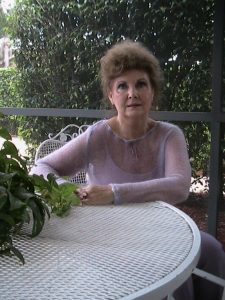 Originally from Carrollton, Illinois, author/agent/publisher Barbara Casey attended the University of North Carolina, N.C. State University, and N.C. Wesleyan College where she received a BA degree, summa cum laude, with a double major in English and history. In 1978 she left her position as Director of Public Relations and Vice President of Development at North Carolina Wesleyan College to write full time and develop her own manuscript evaluation and editorial service. In 1995 she established the Barbara Casey Agency and since that time has represented authors from the United States, Great Britain, Canada, and Japan. In 2014, she became a partner with Strategic Media Books, an independent nonfiction publisher of true crime, where she oversees acquisitions, day-to-day operations, and book production.
Originally from Carrollton, Illinois, author/agent/publisher Barbara Casey attended the University of North Carolina, N.C. State University, and N.C. Wesleyan College where she received a BA degree, summa cum laude, with a double major in English and history. In 1978 she left her position as Director of Public Relations and Vice President of Development at North Carolina Wesleyan College to write full time and develop her own manuscript evaluation and editorial service. In 1995 she established the Barbara Casey Agency and since that time has represented authors from the United States, Great Britain, Canada, and Japan. In 2014, she became a partner with Strategic Media Books, an independent nonfiction publisher of true crime, where she oversees acquisitions, day-to-day operations, and book production.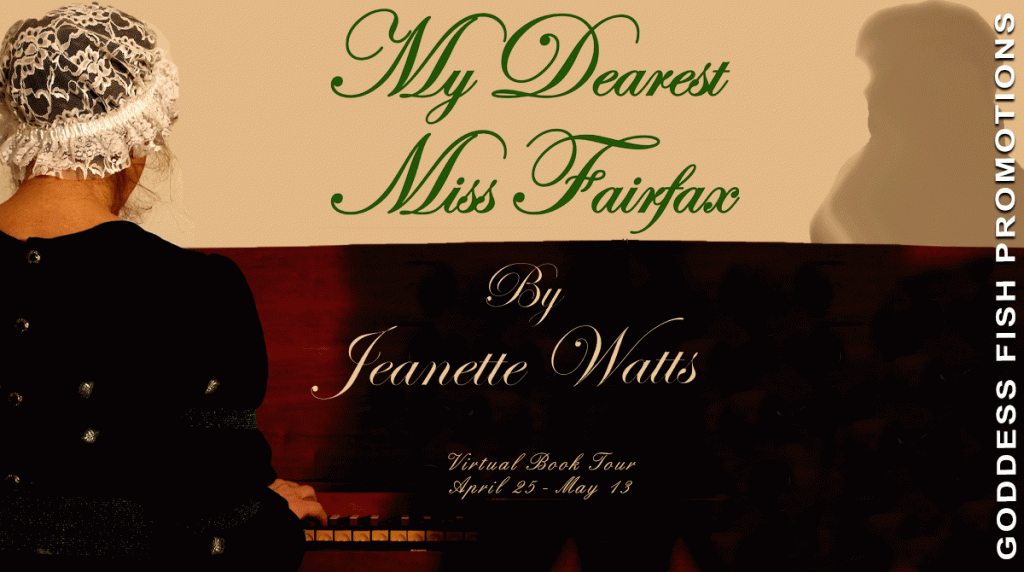
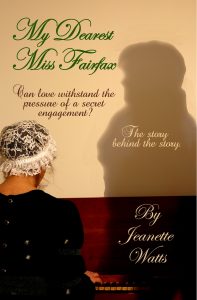 How much would you gamble for true love? Jane Fairfax dreaded her future as a governess. But genteel solitude seemed her fate. Then handsome, charming, rich Frank Churchill asked to marry her – IF his rich aunt agreed. If their secret engagement was discovered, Jane would be ruined. Frank seemed worth the risk; but the stakes got higher when the aunt refused her consent!
How much would you gamble for true love? Jane Fairfax dreaded her future as a governess. But genteel solitude seemed her fate. Then handsome, charming, rich Frank Churchill asked to marry her – IF his rich aunt agreed. If their secret engagement was discovered, Jane would be ruined. Frank seemed worth the risk; but the stakes got higher when the aunt refused her consent! Jeanette Watts has written three Jane Austen-inpsired novels, two other works of historical fiction, stage melodramas, television commercials, and humorous essays for Kindle Vella.
Jeanette Watts has written three Jane Austen-inpsired novels, two other works of historical fiction, stage melodramas, television commercials, and humorous essays for Kindle Vella.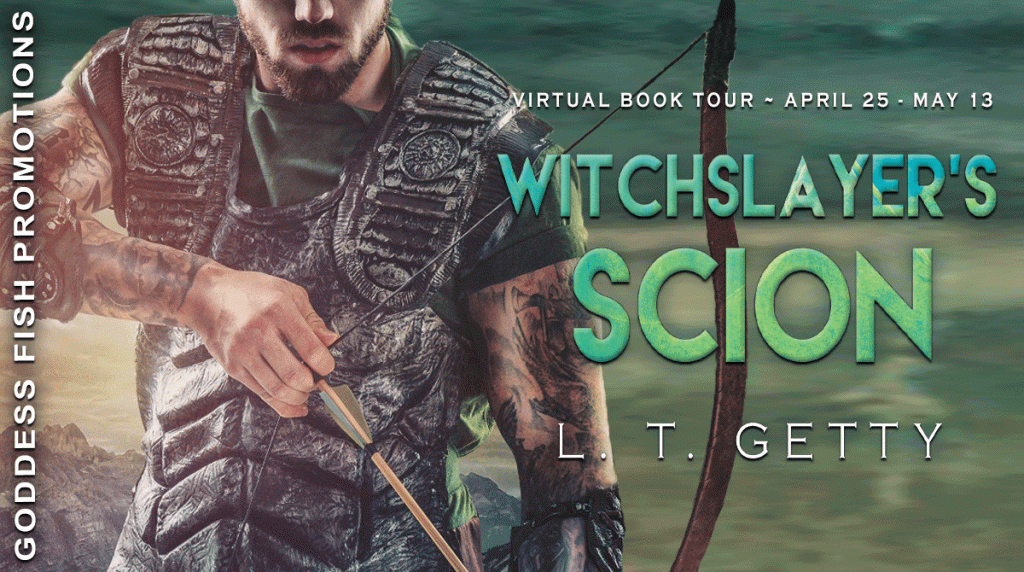
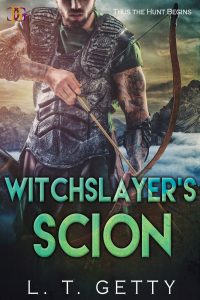 Koth’s life was decided for him since before he was born, for his ability to heal wounds by touch is rare even among his people. When an attempted kidnapping turns to sacrificial murder, he embraces vengeance and the sword. As he journeys far from his small isolated village in the north, he learns the truth as to why his bloodline is targeted by strange magic, in a world still rebuilding from a time when dark sorcerers didn’t bother with secrecy.
Koth’s life was decided for him since before he was born, for his ability to heal wounds by touch is rare even among his people. When an attempted kidnapping turns to sacrificial murder, he embraces vengeance and the sword. As he journeys far from his small isolated village in the north, he learns the truth as to why his bloodline is targeted by strange magic, in a world still rebuilding from a time when dark sorcerers didn’t bother with secrecy.


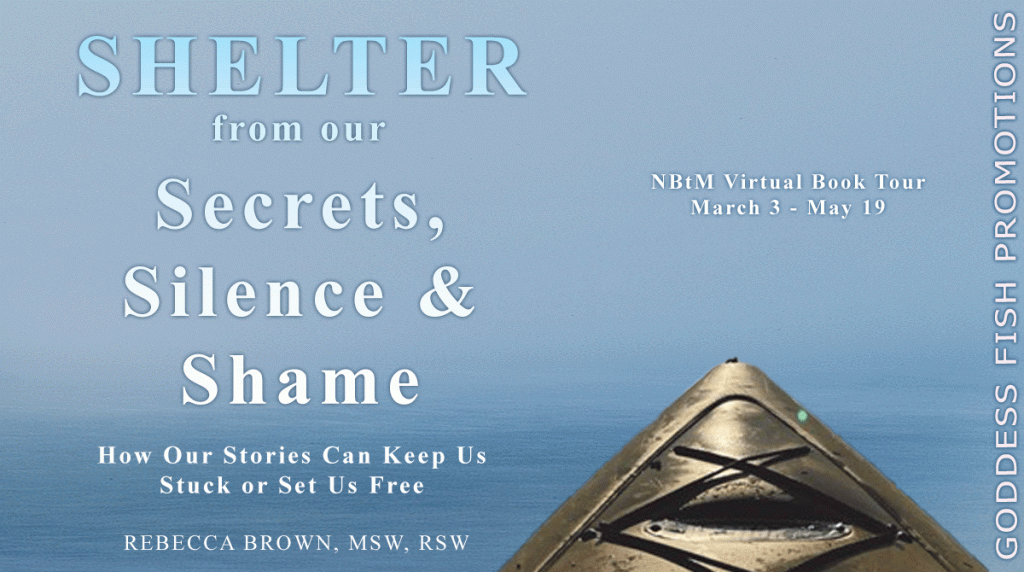
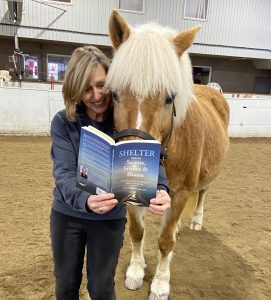 I have blonde hair, brown eyes.
I have blonde hair, brown eyes.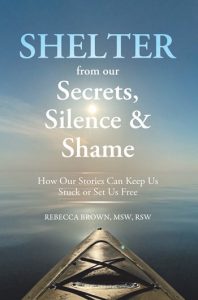 As a mental health clinician, Rebecca Brown has been a safe place for many to seek shelter from their secrets, silence and shame. Inspired to finally slow down, stop running from herself and share her own story, she found ways to seek and savour her own shelter.
As a mental health clinician, Rebecca Brown has been a safe place for many to seek shelter from their secrets, silence and shame. Inspired to finally slow down, stop running from herself and share her own story, she found ways to seek and savour her own shelter.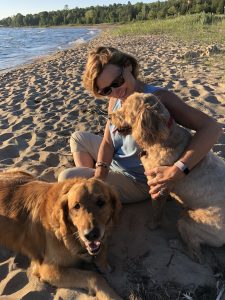 REBECCA BROWN is a clinical social worker with over 35 years in practice ranging from medical social work, childhood trauma, vicarious trauma for first responders, international psychological first aid, and Equine Assisted Therapy. She is honoured to hold a faculty appointment with the Department of Family Medicine at Western University in London, Ontario. She teaches extensively on the topics of trauma and resilience and has delivered keynote presentations throughout North America. She shares her life and career with her husband, a family physician and trailblazer in the field of Lifestyle Medicine. Together they live and work on the shores of the Great Lake Huron, where they seek and share shelter with their six adult children, four grandchildren, extended family and friends, two dogs, two cats and one horse.
REBECCA BROWN is a clinical social worker with over 35 years in practice ranging from medical social work, childhood trauma, vicarious trauma for first responders, international psychological first aid, and Equine Assisted Therapy. She is honoured to hold a faculty appointment with the Department of Family Medicine at Western University in London, Ontario. She teaches extensively on the topics of trauma and resilience and has delivered keynote presentations throughout North America. She shares her life and career with her husband, a family physician and trailblazer in the field of Lifestyle Medicine. Together they live and work on the shores of the Great Lake Huron, where they seek and share shelter with their six adult children, four grandchildren, extended family and friends, two dogs, two cats and one horse.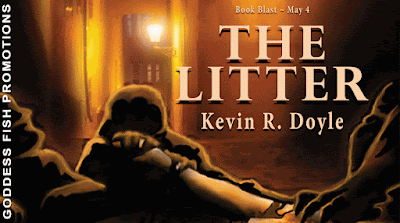




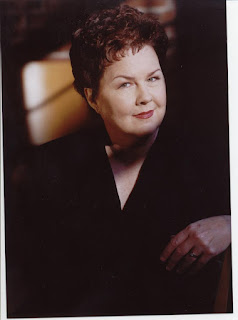
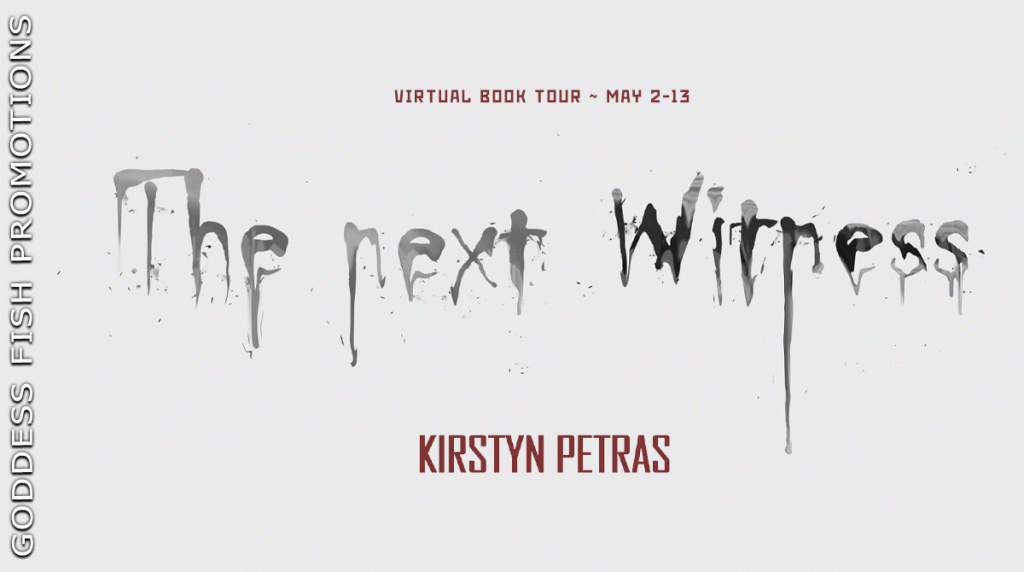
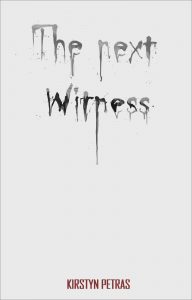 Alexander Covington is hunting a traitor: Melody Karsh, a missing girl accused of treason, a Party member who has forsaken her country. But, letters are appearing in mailboxes, being slipped beneath doors, and in the pockets of passersby. “Free Melody” is being spray painted on walls. Her image – cold, shivering, pathetic – has captured the public’s attention and sympathy.
Alexander Covington is hunting a traitor: Melody Karsh, a missing girl accused of treason, a Party member who has forsaken her country. But, letters are appearing in mailboxes, being slipped beneath doors, and in the pockets of passersby. “Free Melody” is being spray painted on walls. Her image – cold, shivering, pathetic – has captured the public’s attention and sympathy. Kirstyn Petras is a fiction writer and commodities reporter but primarily identifies as caffeine in a human suit held together by hair spray and sheer force of will. She currently resides in Texas, though claims home as a combination of New York and Edinburgh. When not writing, she trains contortion and aerial hoop. She has been published in Punk Noir, and is the co-host of Dark Waters, a literary podcast exploring all that is dark, ready, and wonderfully twisted.
Kirstyn Petras is a fiction writer and commodities reporter but primarily identifies as caffeine in a human suit held together by hair spray and sheer force of will. She currently resides in Texas, though claims home as a combination of New York and Edinburgh. When not writing, she trains contortion and aerial hoop. She has been published in Punk Noir, and is the co-host of Dark Waters, a literary podcast exploring all that is dark, ready, and wonderfully twisted.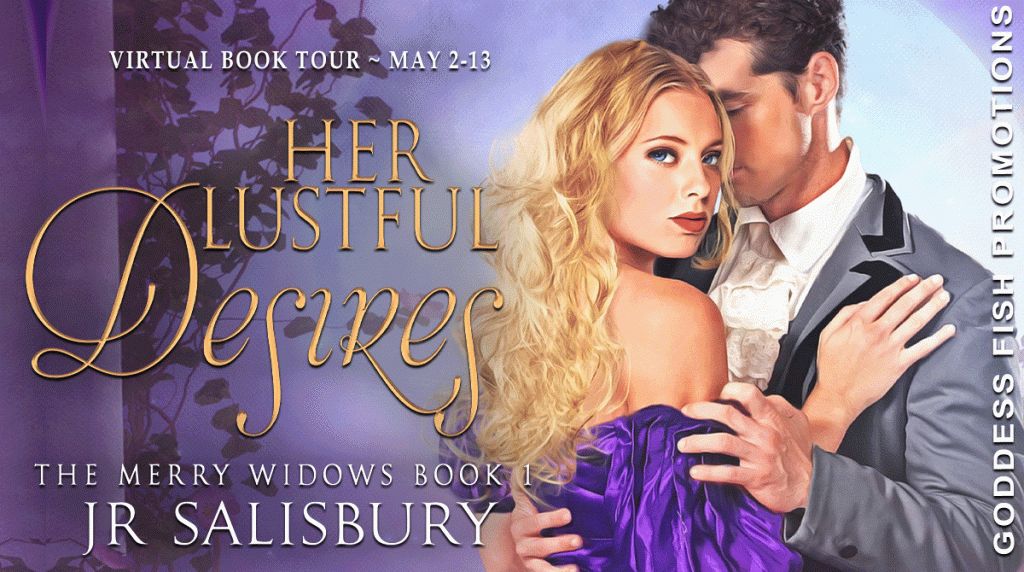
 A daring widow. A determined duke. A story too wicked for the eyes of the ton…
A daring widow. A determined duke. A story too wicked for the eyes of the ton…





















